Online sex pest preyed on autistic teenage girl, mother reveals
A teenage autistic girl from North Queensland has been lured into sending sexualised images of herself to a stranger. Her mother has spoken out in distress and disgust. WARNING: Graphic
Crime in Focus
Don't miss out on the headlines from Crime in Focus. Followed categories will be added to My News.
Exclusive: A thirteen-year-old Australian autistic girl has been lured into sending sexualised images of her genitalia and other parts of her body to a stranger online.
The girl, from North Queensland, also revealed her passport number, address and school details while playing online games — including on a laptop she required for school — with what she believed was a 15-year-old boy from the US.
Australian Federal Police are aware of the case and have been making inquiries however the girl is not co-operating.
She began contact with the predator after connecting through a game called Dragon City last March.
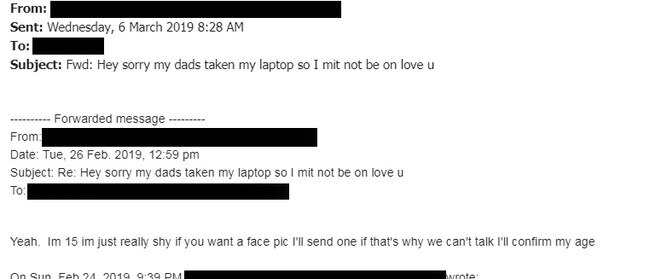
After months of grooming and contact via other games such as Roblox and Gotcha, which then progressed to conversation on apps mostly used by business like Slack and Wattpad, the predator asked for sexualised images in September.
She obliged and sent a variety of full-nude images, topless images, graphic images of her genitalia and other non-sexualised images.
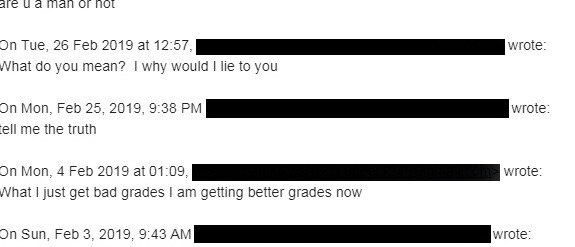
The pictures are likely on notorious paedophile websites — unable to be taken down because investigators are not able to search for the images without the original evidence.
The case has prompted cyber experts to call on the federal government to do more to keep our most vulnerable children safe online.
MORE: How I’m outwitting predators lurking online
MORE: Aussie kindergarten cop plan to stop cyberbuylling
MORE: Cyber-bullying costing taxpayers millions
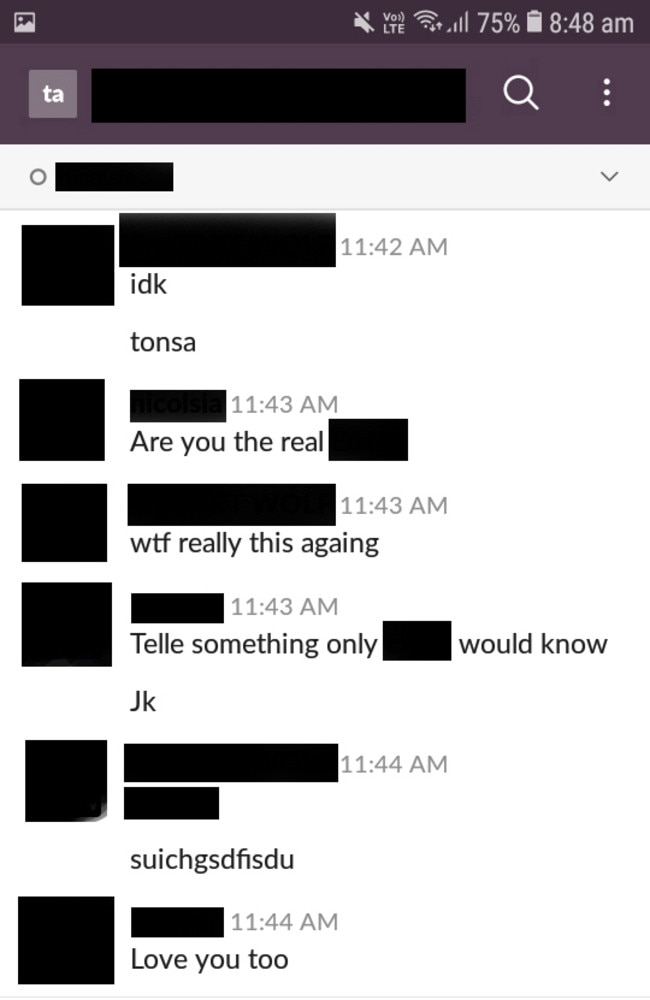
The mother of the girl spoke to News Corp Australia on the condition of anonymity and told of her distress over the situation. She said there needed to be a rethink about the pressure for kids to have devices for school.
“She wouldn’t have had a laptop at this age if wasn’t for school and that definitely put her in harm’s way,” she said.
“These people are very good at getting them to believe them and they are patient … they groom them over a long time.”
MORE: Ex-bikie boss moved to posh clinic after car blast
MORE: Pell’s lawyer refutes claims he has resigned: ‘I don’t quit’
MORE: Slain gangster’s death house up for rent
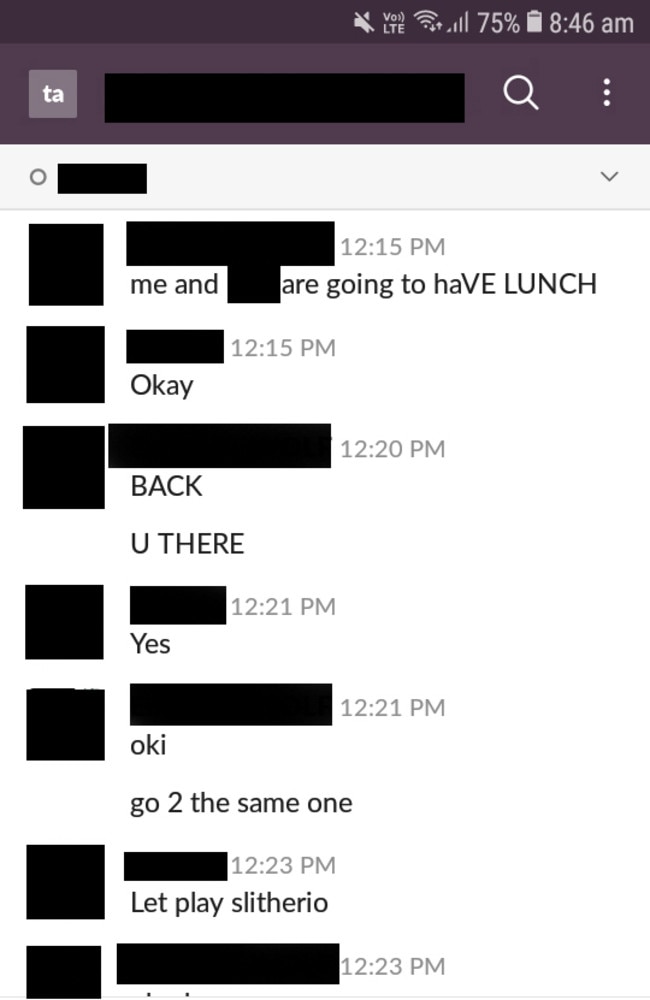
The girl’s mother feels powerless that images of her daughter are online, likely on paedophile websites.
“She tried again just last week to contact him,” the mother said.
“We need to look at how we can give authorities more power to investigate because we shouldn’t be relying on kids to be credible witnesses.”

Eminent child psychologist and cyber expert Michael Carr-Gregg said the case was shocking and highlighted why filtering software was paramount in homes where children were using internet-connected devices.
“The internet is not going anywhere and we know that there are now more mobile phones in the world than there are people,” Dr Carr-Gregg said.
“Parents need to wake up and smell the digital coffee because these scenarios are getting more and more common.”

Digital expert Kristy Goodwin said strong international laws were needed to protect children across jurisdictions and when they didn’t co-operate with authorities.
“Most teenagers would lie to protect themselves and a person they care about and so we are going to see more of these incidents occurring if nothing can be done to catch these people because authorities are relying on a teenager to give up someone they trust,” Dr Goodwin said.
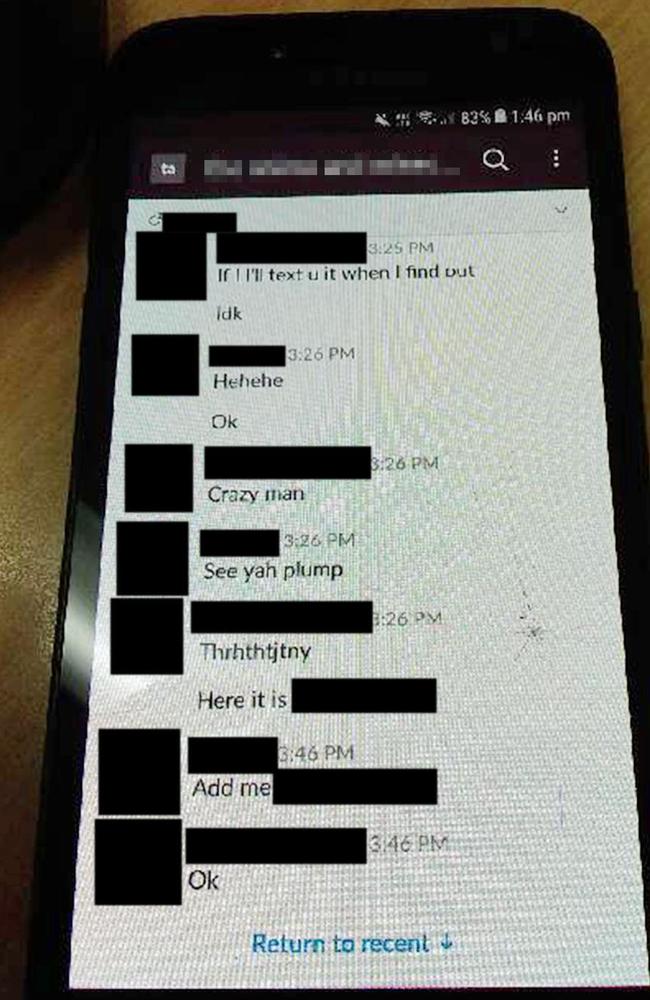
ESafety Commissioner Julie Inman Grant said the case should serve as a warning to parents “that we can’t treat the internet as an unchaperoned digital playground”.
“Young people need to be aware that not everyone they engage with online is who they say they are, and they may not always have the best intentions,” Ms Inman Grant said.
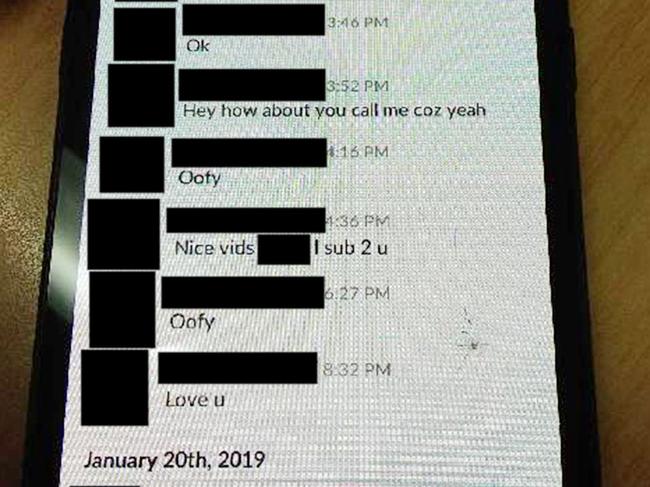
Communications Minister Mitch Fifield said “protecting children online is one of the highest priorities of the government”.
Opposition communications spokeswoman Michelle Rowland said “a multifaceted approach to protecting children online” was essential.
An Australian Federal Police spokesman would not comment on the specifics of the case other than to say it was standard practice for the agency to work with international partners and other agencies on these issues.
The organisation said it was today launching an easy-read guide for people with cognitive disabilities to learn how to be safe online.
“This easy-read guide gives Australians living with a disability a greater understanding on how to navigate online dangers, from online grooming and sexting to cyber-bullying and cybercrime,” AFP Sergeant Aaron Hardcastle said.
Originally published as Online sex pest preyed on autistic teenage girl, mother reveals
